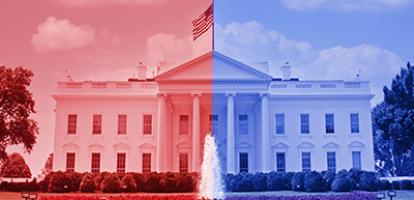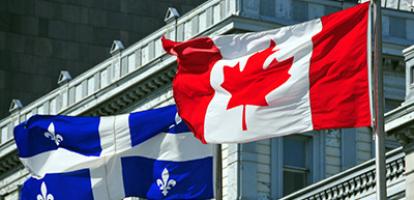Whether or not the new NAFTA is a ‘good’ deal has entered the federal election conversation, with some commentators citing our working paper from last month. Here’s what we wrote then.
From: Dan Ciuriak, Ali Dadkhah, and Jingliang Xiao
To: Canadians Concerned about Trade Policy
Date: August 29, 2019
Re: Quantifying CUSMA: The Economic Consequences of the New NAFTA
The Canada-United States-Mexico Agreement (CUSMA) has a number of liberalizing elements, including expanding US access to Canada’s dairy and poultry markets; raising the threshold for tax and duty-free entry into Canada and Mexico of low-value goods imports; and easing some barriers to services trade.
More controversially, the CUSMA increases intellectual property protection, which promises to generate some net benefit for the United States at Canada’s expense, and introduces new disciplines relative to NAFTA on cross-border data flows and data localization, the impact of which cannot as yet be quantified.
In our new C.D. Howe Institute working paper, we estimated the economic impacts of the CUSMA using simulations on a computable general equilibrium model based on a dynamic specification of the Global Trade Analysis Project model, further modified to directly represent goods and services trade conducted through foreign affiliates, as well as on a cross-border basis, and to reflect the impact of liberalization of foreign direct investment.
By far the most quantitatively significant effects of the new agreement are the more stringent rules of origin that must be met for products to qualify for duty-free market access under the CUSMA. These new rules achieve the immediate objectives of the Trump administration to shift industrial activity – especially in the automotive sector – into the United States, but by increasing trade diversion, they hurt economic welfare and efficiency.
There are only very limited gains in trade facilitation. Meanwhile, more stringent border enforcement promises some border thickening, especially for goods entering the United States.
CUSMA results in lower real GDP and welfare for all three parties, with Mexico being hardest hit and the United States the least. Canada’s real GDP stands to shrink by 0.4 percent and economic welfare to fall by more than US$10 billion. While the negative elements of the agreement outweigh the positives, our analysis shows that CUSMA leaves all three parties marginally better off than under a scenario in which NAFTA had lapsed. From the standpoint of bargaining, this comparison suggests that Canada and Mexico did not roll over, but pushed as hard as the traffic would bear.
The major caveat to these results is the extent to which the longer-run investment climate in Canada (and Mexico) has been damaged by the weakening of the NAFTA institutional framework through the introduction of a sunset clause; the elimination of investor state dispute settlement; the grudging way the United States accepted retention of the NAFTA Chapter 19 binational panel review of trade remedy cases; and, perhaps most importantly, the failure of the new agreement to completely eliminate the potential application of US Section 232 national security tariffs on Canada and Mexico.
Going forward, whether the CUSMA is ratified or not, Canada and Mexico will have to adapt their economic strategies to the new circumstances of heightened uncertainty of access to the US market, while also taking into account the implications of accelerating technological change in the increasingly data-driven economy, the shifting geo-economic and geo-political landscape, and a multilateral rules-based framework whose future cannot be taken for granted.
Dan Ciuriak is Fellow-in-Residence with the C.D. Howe Institute and Director and Principal, Ciuriak Consulting Inc., where Jingliang Xiao is a research associate responsible for policy modelling. Ali Dadkhah is a lawyer and a member of the British Columbia bar.
To send a comment or leave feedback, email us at blog@cdhowe.org.
The views expressed here are those of the authors. The C.D. Howe Institute does not take corporate positions on policy matters.





